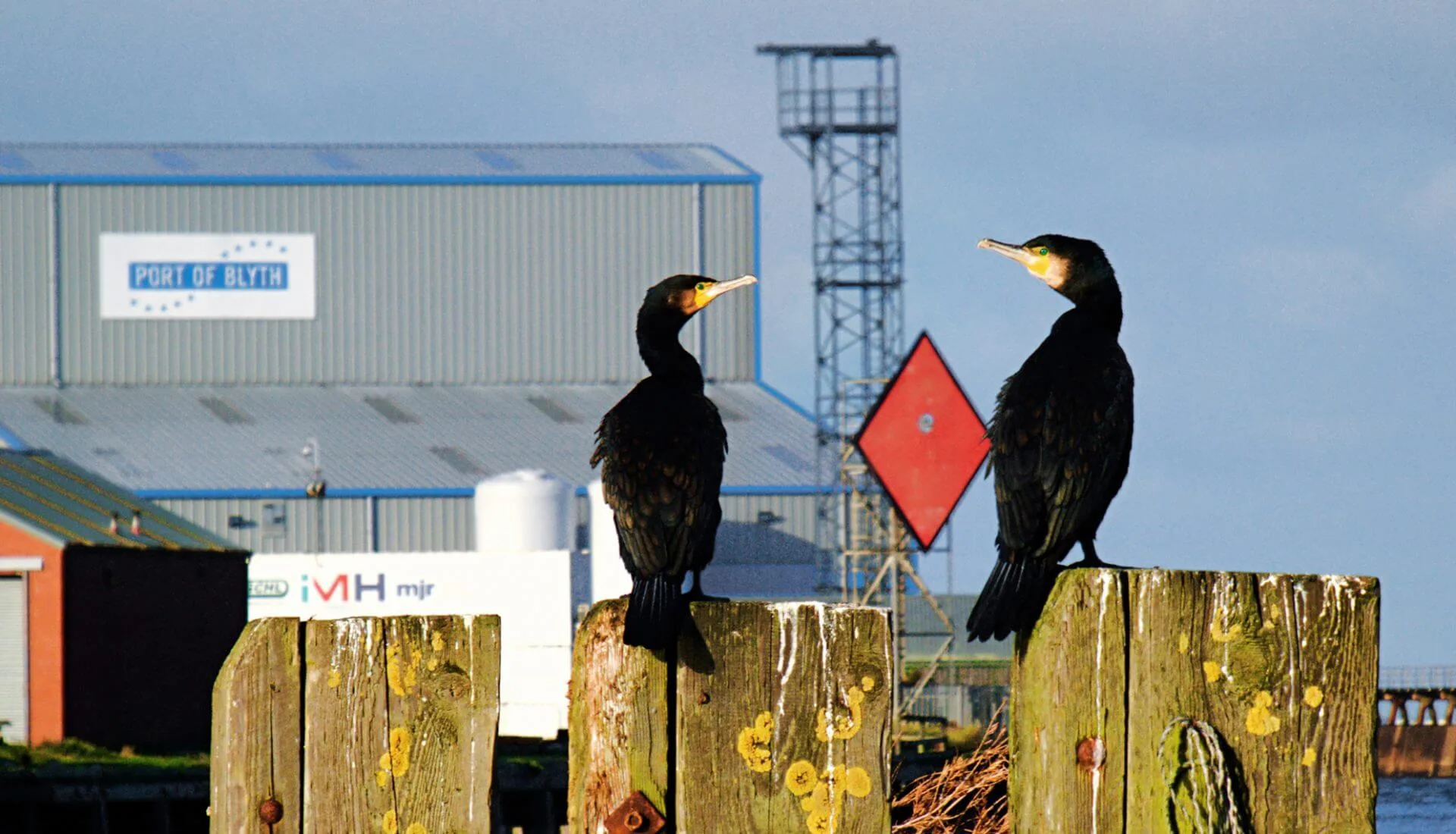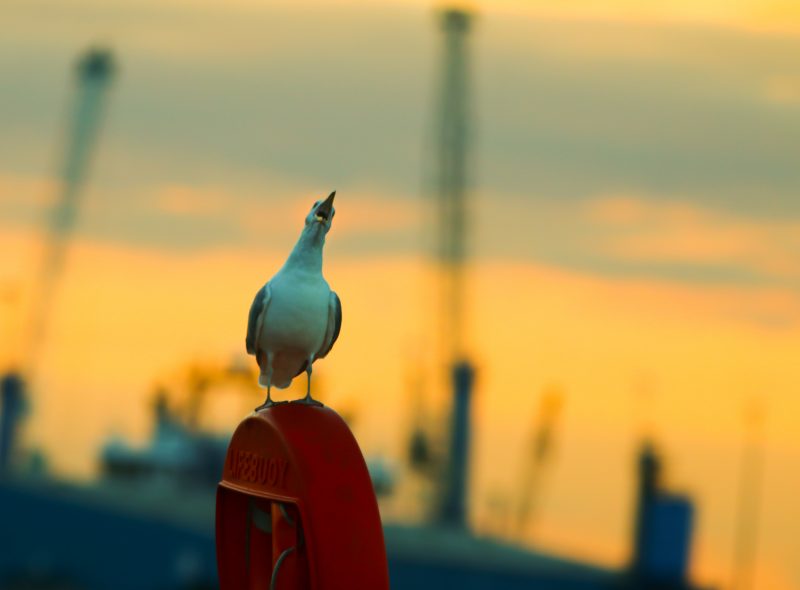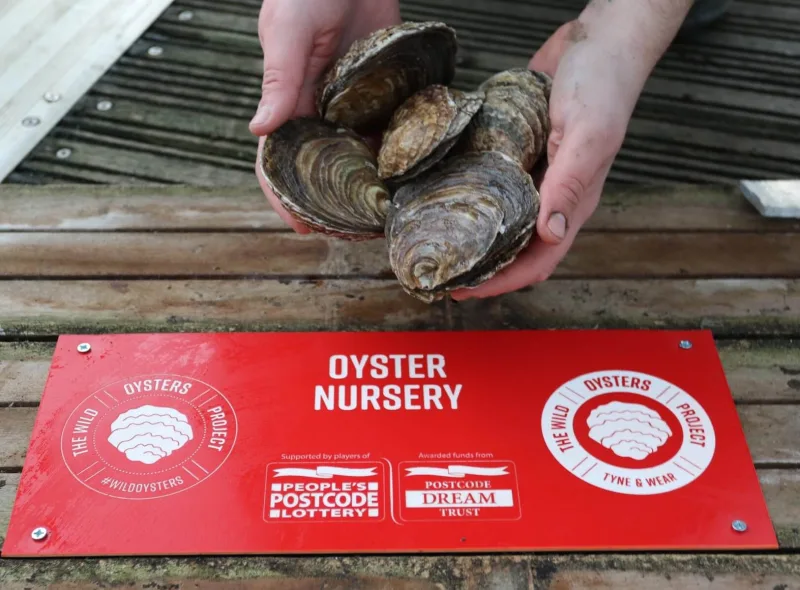The Port has in place a Port Waste Management Plan, which details procedures for all ship and port generated waste, approved by the MCA and audited annually. This plan complies with all requirements as set out in the MS (Port Waste Reception Facilities) Regulations 2003, with records of all waste received from ships maintained and submitted to the MCA.
For further information regarding waste reception facilities please contact the Marine Department via marine@portofblyth.co.uk
Regular reviews are undertaken to assess waste minimisation, re-use and recycling both from ship and shore based activities. In addition to recycling on site, our designated waste contractors transfer collected waste initially to a recycling centre. This ensures that the ultimate volume of waste deposited to landfill sites is minimised with material segregated for recycling wherever possible.
A recent independent environmental audit was also completed under the MIDAS scheme, examined all current waste streams and methods of disposal together with the potential for further recycling. Following the audit alternative arrangements have been introduced and beneficial uses found for a number of waste products. An example of this is forest bark waste which is now processed at a composting facility and used as a road-building additive at landfill sites. Other opportunities for waste recycling have been identified and implemented for waste plastic wrapping, waste oil, tyres and batteries.










